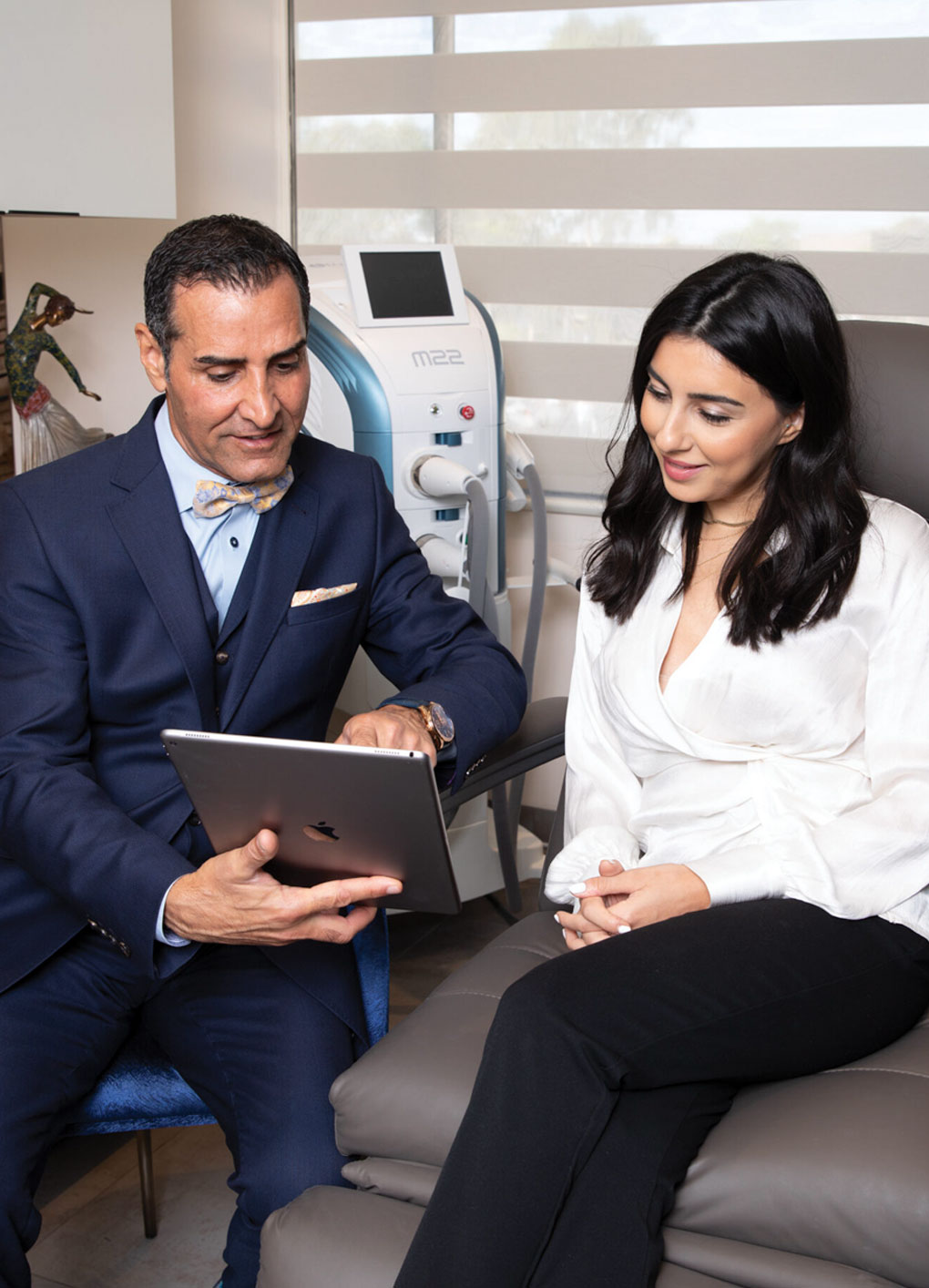Surgery Before and After: What to Expect
 So the big day has come and you are getting ready to go into surgery.
So the big day has come and you are getting ready to go into surgery.
Although you may be having some pre-surgery jitters, it is good to remember that everyone goes through them. Instead of worrying, focus instead on what you can do. There are things you can do both before and after surgery that can help you feel better and make the surgery process a little easier. By following a few simple rules and educating yourself, you should have smooth sailing.
Contents
The Night Before
The night before surgery is when you will be feeling your nerves the most, and that’s okay. Most people do! It is important to get a good night’s sleep and follow any pre-surgery instructions your doctor has given you. These instructions include things such as when to stop eating, certain medications to take, and when to stop taking in fluids. It is important to follow these instructions as carefully as possible because it may effect whether or not you can have surgery in the morning if you do not follow them.
The First Night Post-Op
Depending on the type of surgery you have, you can probably expect to experience some pain post-op. Most surgery involves some sort of pain, and it is important that pain is controlled. Be sure to let your nurse know if you are uncomfortable. Having pain can effect the way you breathe and can lead to lung complications post op. It does no one any good to suffer through pain. It is not possible to become addicted to pain medication when taking them therapeutically, so don’t worry. Your doctor would not prescribe them if he didn’t want you to take them.
The First Week Post-Op
Your first week post-op will likely be spent at home. You may spend a few days in the hospital, but most patients spend the majority of their time recuperating at home. It is important to monitor surgical sites for signs of infection: redness, swelling, or drainage. Any of these signs should be immediately reported to the surgeon. Also fever and chills are significant and can be signs of an infection brewing. It is important to keep the sites clean and to take it easy while your body heals.
The First Month Post-Op
Depending on the surgery, you may be fully recovered by a month out. With minor surgery, there will hardly be any remnants of the surgery, but with something like heart surgery, you will still be rehabilitating your body. It is important to keep up with all the regimens that your doctor prescribes for physical therapy and other rehabilitation. Mix that with taking it easy and allowing your body to heal. It is a difficult balance to strike, but it is one that is necessary in the healing process.
Surgery is somewhat of a necessary evil. The body was not designed for the procedures that medical science performs on it, but they are vital to the survival of the person. Careful attention to medical advice and taking it easy will help the healing process and make this scary process a little bit easier to bear. Surgery is easy for no one. Knowing a little bit beforehand can sometimes make all the difference.




